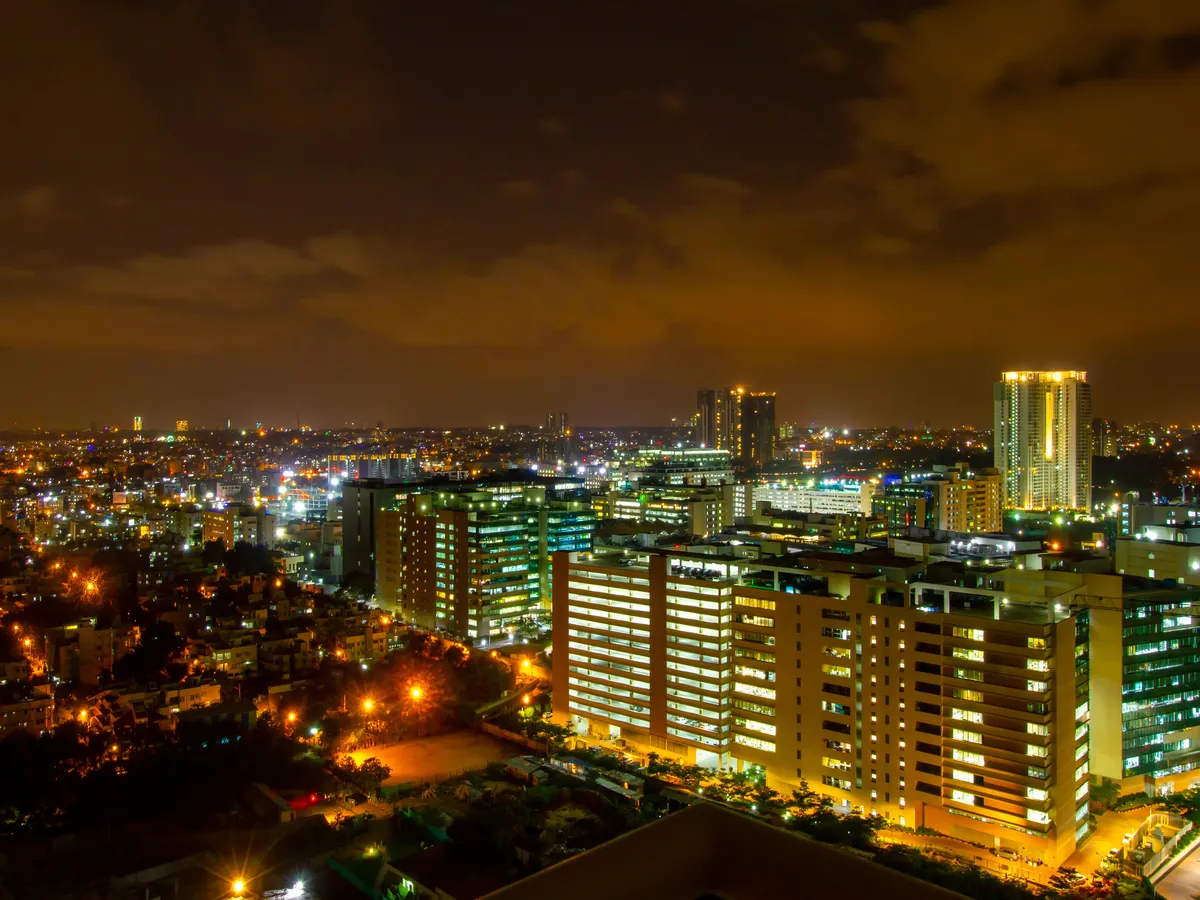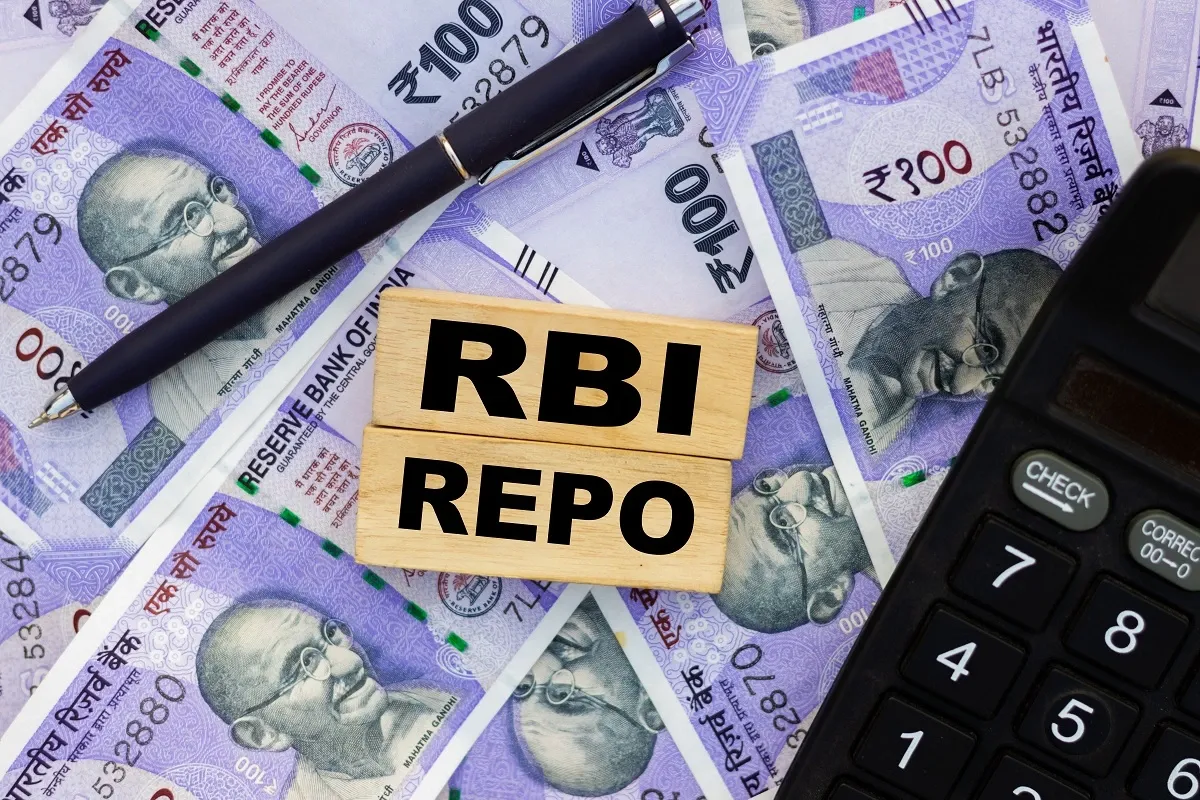Business News
Bengaluru’s rapid growth challenges Mumbai and Delhi: Report
3 min read | Updated on November 20, 2024, 09:08 IST
SUMMARY
Over the past few decades, Bengaluru has grown at a rapid pace, transforming from a small town to a big city. Today, it challenges the dominance of megacities like Mumbai and Delhi.

Bengaluru ranks first in startups' ability to source VC funding
Bengaluru has seen rapid growth in job creation, consumer market, and tech-driven industries, revealed the report titled “Bengaluru Rising”.
Karnataka Chief Minister Siddaramaiah revealed the report by the UnBoxingBLR Foundation at the Bengaluru Tech Summit on November 19. It delves into Bengaluru’s upward growth trajectory compared to other top cities in India.
Startup ecosystem
India’s Silicon Valley was one of the cities at the forefront of India's startup ecosystem. With 14,071 startups originating in Bengaluru, the city trailed only Delhi, which topped the list with 21,274 startups.
In terms of the number of deadpool startups, the city again ranked second after Delhi NCR. A deadpool startup is one that has failed and gone out of business. Greater Mumbai, Hyderabad and Pune trailed behind Bengaluru.
With almost 50% of Bengaluru’s startups getting venture capital (VC) funding, the city ranks first in startups' ability to source VC funding.
Additionally, Bengaluru has created about 8 lakh key jobs, the highest in the country, as the city added over 80 million square feet of Grade A office space from 2014 to 2023.
Company registrations in the city surged from 2,278 in 2012-13 to 10,085 in 2022-23, reporting an astounding 343% increase in 10 years.
Electric Vehicles
In 2023, the city saw 77,860 electric scooter registrations, the highest in India. Additionally, 6,811 electric cars were registered in Bengaluru, the second-highest in the country.
Housing
Bengaluru is at the top with 5,146 Airbnb property listings. However, the city trails Mumbai in the average earnings per property. Bengaluru properties earn an average of ₹4.9 lakh each year as compared to ₹8.7 lakh in Mumbai.
Bengaluru’s housing loan outstanding value was the highest in India, averaging ₹31.6 lakh per account.
Connectivity
With the second terminal of the Kempegowda International Airport becoming operational, Bengaluru’s domestic air traffic has grown to be at a similar level to that of Mumbai. Furthermore, the city added 27 domestic air routes from 2017-18 to 2022-23.
Unlike mega cities like Delhi and Mumbai which grew over centuries, Bengaluru was a small town that grew into a big city only in the past few decades. And since it has been growing rapidly, it has seen multi-layered shifts, both good and bad, in its dynamics, said Prashanth Prakash, the Chairman of UnBoxingBLR.
Despite this, Bengaluru is yet to be officially categorised as a Tier-1 city, affecting its resource allocation and policymaking. Further, the city faces its own set of challenges including traffic congestion and haphazard urban planning, among others, the report added.
About The Author
Next Story

